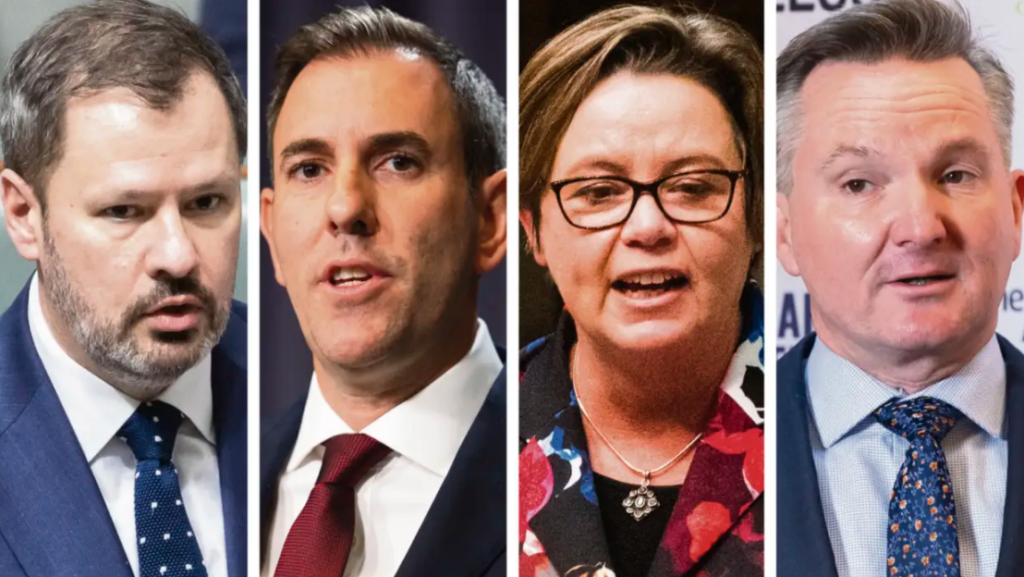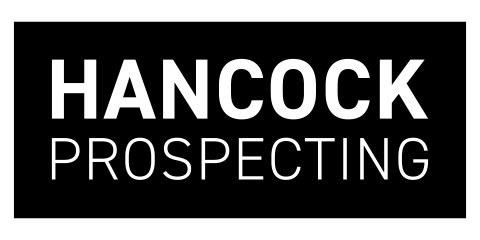
Article by Jacob Greber and Angela Macdonald-Smith courtesy of The Australian Financial Review.

Concerns about an investment freeze have forced the government to backflip over its plan to impose a “reasonable price” limit on east coast gas producers, but it has failed to restore industry confidence for new ventures.
After months of negotiations with gas giants, Labor said it would allow producers to negotiate ministerial approval to sell gas for more than its controversial $12 per gigajoule price cap imposed in December as long as they increase domestic volumes.
The decision grants automatic exemptions from the cap to smaller producers and may unlock paused investments – including Senex Energy’s $1 billion Atlas project in Queensland backed by billionaire Gina Rinehart.
But industry figures and analysts said the changes would not be enough to win back trust in the government. They said the government continued to expect companies to approve multi-decade projects with 12-month pricing exemptions that would need approval by five separate government departments and agencies and remain subject to reversal by Energy Minister Chris Bowen and Resources Minister Madeleine King.
“Long-term capital investments for new gas supply cannot be made on the basis of one year of certainty,” said Samantha McCulloch, chief executive of gas lobby group APPEA.
Concerns about an investment freeze have forced the government to backflip over its plan to impose a “reasonable price” limit on east coast gas producers, but it has failed to restore industry confidence for new ventures.
After months of negotiations with gas giants, Labor said it would allow producers to negotiate ministerial approval to sell gas for more than its controversial $12 per gigajoule price cap imposed in December as long as they increase domestic volumes.
“The revised approach still adds significant complexity and ministerial discretion to the operation of the gas market and is unlikely to address the concerns from investors.”
The proposed changes are subject to a further round of industry consultation ending on May 12 and were foreshadowed by The Australian Financial Review on Monday.
They were criticised as “make-it-up-as-it-goes policy” by Credit Suisse energy analyst Saul Kavonic, who said they completely failed in the objective of providing a clear, workable policy that provided certainty for gas producers.
‘Bit of bluster’
“The entire health of the east coast gas market now comes down to a case-by-case discretion by the government to award exemptions or not, on the basis of how they feel at the time,” he said.
“Smaller producers being exempt is welcome, but isn’t going to move the dial for supply, which is almost all in larger producer hands.
“The policy guidelines as they stand are not going to foster supply investment in most instances, especially from the key supply areas in Bass Strait and Queensland.”
Still, industrial energy users described the proposal as “a welcome step in the right direction”, saying it struck a better balance of power in gas supply negotiations between gas producers and buyers.
“There will obviously be a bit of bluster around the fringes, but the data shows that this price level [$12/GJ] is one where it does encourage them still to develop,” said Andrew Richards, chief executive of the Energy Users Association of Australia.
“Allowing those smaller, domestic-focused producers to get exemptions from this does help with competition and diversity of supply and should help break the stranglehold that the big three LNG producers have had over the east coast market.”
As gas producers mulled the latest changes, one industry executive on the east coast described the proposal as “essentially evergreen price control via stealth”.
The industry source said it was hard to see how a functioning market would develop with so many exemptions and different rules for different producers, and questioned why anyone would buy from smaller producers if they could just go to others covered by the price cap.
The industry group representing gas pipeline owners also voiced concern that the proposal would not do enough to alleviate underlying issues around insufficient supply, leaving the electricity grid vulnerable as coal power ramps down or during coal power outages and renewable energy generation was not available.
“Gas-fired generation will be vitally important to ensure the ongoing security of the National Electricity Market as coal-fired generation exits and more intermittent renewables come online,” said Steve Davies, head of the Australian Pipelines and Gas Association.
More consultation on mandatory code
The adjustments to the gas market intervention, announced late last year as the government rushed to put downward pressure on domestic energy bills, come after months of negotiation with gas producers, who complained the measures were entrenching uncertainty and damaging their ability to plan for investments.
Several gas producers have put new projects on hold as a result of the intervention, or reined in investment plans.
The Australian Competition and Consumer Commission also warned the government that gas supplies faced uncertainty from next year, and underscored the need for the development of new fields to meet demand from manufacturers and for power generation.
In a statement released by Treasurer Jim Chalmers, Energy Minister Chris Bowen, Resources Minister Madeleine King and Industry Minister Ed Husic, the government said it would consult the industry on changes to the so-called mandatory gas code of conduct.
“The gas code will ensure sufficient supply of Australian gas for Australian users at reasonable prices, give producers the certainty they need to invest in supply, and ensure Australia remains a reliable trading partner by allowing LNG producers to meet their export commitments,” they said.
“The release of the gas code consultation gives stakeholders an opportunity to provide technical feedback on the draft regulations before the code is finalised ahead of the new financial year.”
They said the $12 per gigajoule cap would be subject to a review, starting on July 1, 2025, but the government said that review could be brought forward if circumstances changed.
The new code “will require all participants to abide by conduct provisions that will level the negotiating playing field between users and producers to deliver a better functioning gas market”.
“The gas code will be supported by a strong enforcement regime delivered by the ACCC, with a review to be undertaken no later than two years after coming into effect to ensure the gas code remains effective and fit for purpose.”
The government has given large gas producers until May 8 “to make submissions on the supply and price commitments they would be prepared to make in the context of the proposed exemption framework”.
‘Old-style crony capitalism’
Shadow treasurer Angus Taylor likened the changes to introducing “old-style crony capitalism”.
“This looks to me like a policy where Labor’s got to look after their mates and punish those who don’t do what they want.”
Australian Industry Group chief executive Innes Willox – one of the loudest critics of Labor’s deal last September with LNG exporters to provide an extra 157 petajoules of gas to the domestic market – said gas contracting had been largely frozen since last year’s interventions were announced.
Mr Willox called for “simplicity” and “clear rules” to ensure buyers and sellers get on with business. “Extraordinary measures should lift as the emergency recedes.”
Mr Kavonic described the consultation period as “largely meaningless” given there were no details on the basis for exemptions for large producers – the bulk of the market – to provide feedback on.
“Depending on ministerial discretion, the policy could amount to being anything from a hard price cap for most of the market, through to a complete backdown from any meaningful price regulation – all to be decided case-by-case with no guidelines,” he said.
“We are entering a period where the government can now favour one producer over another for any reason it sees fit, with little transparency or accountability.”
The latest proposal drops a plan to send disputes over gas contract prices to compulsory arbitration, which would be resolved based on an assessment of “reasonable” prices, which had caused consternation among gas producers.
It replaces that with a system overseen by the ACCC based around the price “anchor” of $12/GJ, together with commitments to supply the domestic market.
As in the original proposal in December, energy retailers are not covered by the code, although the government said it could consider creating a new code covering retailer sales should evidence emerge that retailers are not offering gas at “efficient or competitive” prices to consumers.
“The test for the code will ultimately be whether it can support investment in critically needed new gas supply,” said APPEA’s Ms McCulloch.




